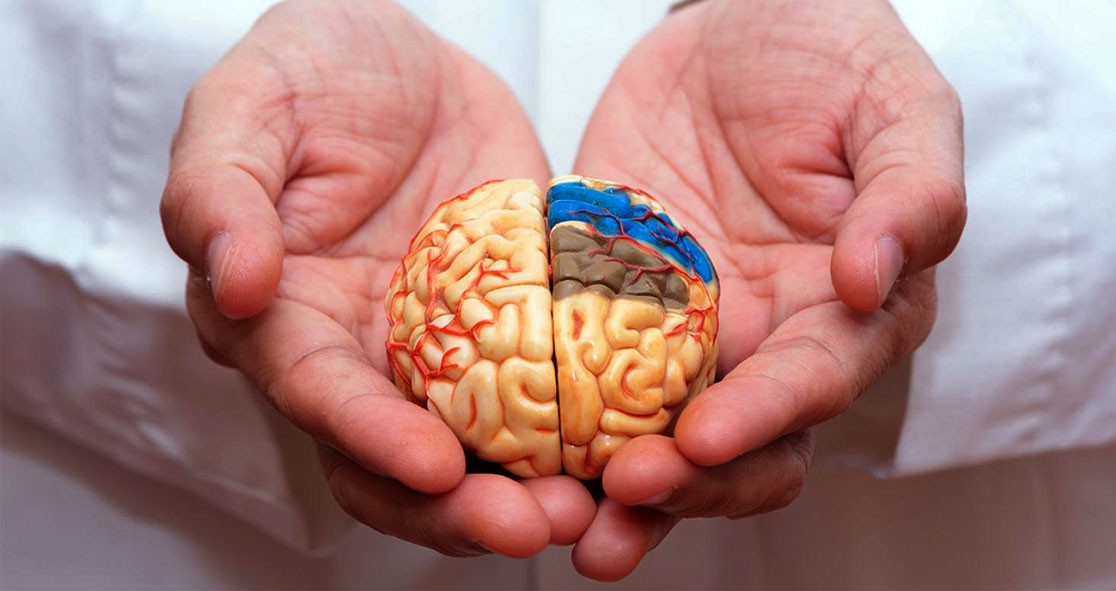Eisai and Biogen announced Thursday that the use of an experimental drug lecanemab has shown promise in treating Alzheimer’s disease by reducing brain amyloid, according to BioSpace.
The latest findings from Phase 2 and open-label extension (OLE) studies have reflected new clinical, biomarker, and safety assessments of brain amyloid reduction while using the investigation drug.
The drug showed a clinical benefit in reducing the levels of brain amyloid within three months. It also showed significant clearance of amyloid in over 80% of the participants by months 12 to 18.
Eisai and Biogen are now conducting a Phase 3 clinical study in patients with symptomatic early Alzheimer’s disease, following promising results from their Phase 2 trials.
During the studies, patients received lecanemab 10 mg/kg intravenously biweekly with an intervening gap period of nine to 59 months (mean 24 months) where they did not receive the drug.
The findings suggest that lecanemab may have a disease-modifying effect, as it reduced the levels of brain amyloid levels.
Dr. Lynn Kramer of Eisai said in a statement, “The latest lecanemab findings provide greater insight into the time course and extent of amyloid reduction observed with lecanemab, and the relationship to clinical outcomes and blood-based biomarkers.”
“The Clarity AD Phase 3 Study in Early AD, which completed enrollment of 1795 subjects in March, aims to verify these findings,” added Dr. Kramer, who is the Chief Clinical Officer for the Neurology Business Group at Eisai.
The findings were presented in a late-breaking roundtable session at the 2021 Clinical Trials on Alzheimer’s Disease conference, which is ongoing in Boston, Massachusetts and online.
Eisai has already started its submission for a Biologics License Application (BLA) for lecanemab to the U.S. Food and Drug Administration via accelerated approval.
The story appeared on BioSpace.























